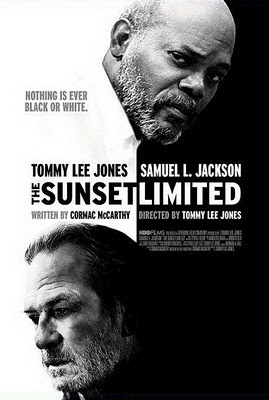>The opening scene of The Plague Dogs (1982) really sets the tone.
A dog being subject to repeated drowning experiments. Outside the thunder roars, the rain comes down hard and a cold wind blows.
This is not Disney.
Two dogs escape from a British government animal testing lab – Animal Research (Scientific and Experimental), A.R.S.E. – and roam the grey and wintry Lake District in search of a new master, or rather, in search of a good human. The facility spreads the rumour that the animals are carrying bubonic plague, so being hated by humans and not knowing how to survive, they decide that they’ll have to ”live by our teeth and kill”.
This is a highly impressive, very realistic movie. It’s free from cool effects (even though the animation work is superb if you’re into old school stuff), kind of slow at times, and most importantly: it’s severely depressing, painful and sad.
Obviously, it still remains an underground movie since it actually has got something to say (something like this: The only way to free yourself from the cruelties of mankind is to die, so when the dogs swim out to sea in the end, they choose death instead of being killed by humans…). People with a short attention span probably won’t like it, and some scenes are pretty rough. It got censored due to graphical content, and only 8,000 copies of the uncut film exists on tape. It’s on YouTube, though.
Even though the dogs’ constant self-pitiness might become tedious after a while, I think the overall darkness and sadness of it all makes up for that. True animal friends most likely will cry when watching. Hell, you don’t even have to be a fanatic animal lover to be touched by this one. Anybody reaching the conclusion that mankind sucks ought to cry every once in a while.
The realism is a huge factor as well in making this a classic movie. Rowf’s fear of water, the death scenes and the dialogue are just a few examples of that.
I come to think of Grave of the Fireflies (a superb movie that everyone should see at least once) when watching The Plague Dogs, not really because they’re both animated films, but because of the depressing mood and the realism. Sometimes, stories like these are told more efficiently in comics and animated movies.
[Snitter, trapped in a garage, is hallucinating about his old home]
Rowf: Snitter! Can you hear me?
Snitter: I’m inside my head now. And it’s where I should be.
Rowf: This is no time for one of your turns!
The Tod: Come on out, ya great fool! Sharp with ye, now, before we’re all caught!
Snitter: I can’t come out. If I do, I’ll go mad again.
———-
OTHER GREAT MOVIES OF THE 80’s:
Manhunter (1986)
A Short Film About Killing (1988)
Threads (1984)
The Quiet Earth (1985)
The Thing (1982)






